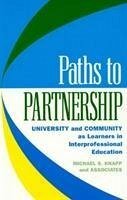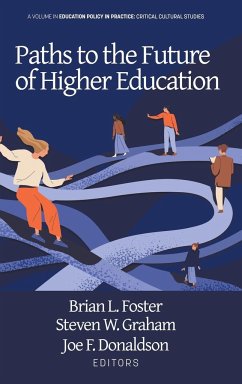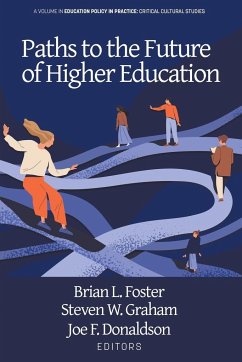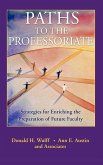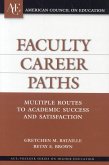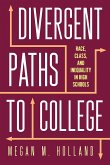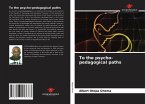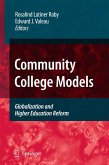As human needs have escalated in recent years, the mismatch between these needs and the restrictive, categorical definition of human services has become strikingly clear. In response, educators, nurses, social workers, public health workers, and other professionals have been actively exploring ways to collaborate with one another, and otherwise integrate their efforts. The movement towards collaboration among human services professionals begs an important questions: how do we prepare professionals for such work? A growing number of universities are now trying to develop answers, and their answers increasingly emphasize interprofessional education, that is, programs that join the efforts of departments and training courses which have traditionally been separate. Furthermore, these programs tend to be based in community settings, and actively involved community members (practitioners, non-professional residents) as partners in the training process. In constructing such joint programs (or revising current programs within each profession to make them more interprofessional and community-based), educators and program designers are encountering a fascinating set of challenges as they construct interdisciplinary curricula, create learning experiences that necessitate real collaboration, and develop relationships with communities. Preparing to Collaborate explores the nature of these challenges and how they can be approached. The authors -- scholars and educators in five professional domains (education, nursing, social work, public health, and public policy and management) -- joined forces in a five-year developmental effort at the University of Washington (UW) to create sustainablepartnerships between university and community which will help newly entering professionals in the human services collaborate effectively with each other and with community members. One of the most advanced experiments of its kind in the country, the UW program provides a focal poi

